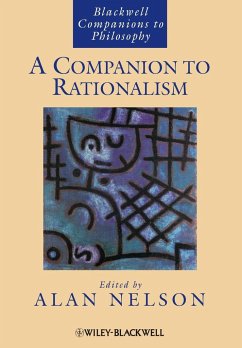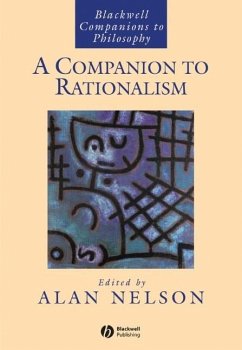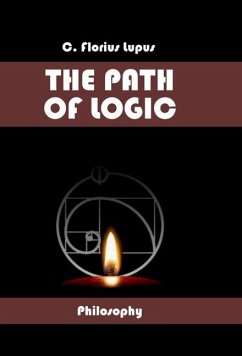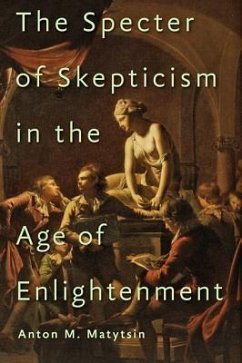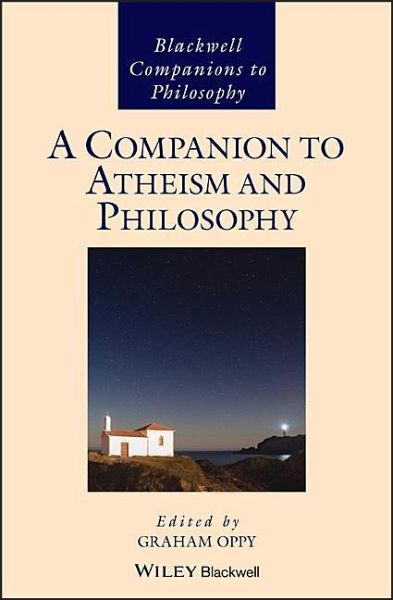
A Companion to Atheism and Philosophy

PAYBACK Punkte
86 °P sammeln!
PROSE 2020 Single Volume Reference Finalist! Philosophers throughout history have debated the existence of gods, but it is only in recent years that the absence of such a belief has become a significant topic of philosophical analysis, in particular for philosophers of religion. Although it is difficult to trace the historical contours of atheism as the lack of belief in a higher power, the reasoned, reflective, and thoughtful rejection of theism has become commonplace in many modern intellectual circles, including academic philosophy where disciplinary data indicates that a large majority of ...
PROSE 2020 Single Volume Reference Finalist! Philosophers throughout history have debated the existence of gods, but it is only in recent years that the absence of such a belief has become a significant topic of philosophical analysis, in particular for philosophers of religion. Although it is difficult to trace the historical contours of atheism as the lack of belief in a higher power, the reasoned, reflective, and thoughtful rejection of theism has become commonplace in many modern intellectual circles, including academic philosophy where disciplinary data indicates that a large majority of philosophers self-identify as atheists. As the first book of its kind to bring together a collection of writing on the philosophical aspects of atheism both historical and contemporary, the Companion to Atheism and Philosophy stages an explicit, constructive, and comprehensive conversation between philosophy and atheism to examine the ways in which atheist thought intersects with ideas and positions from a variety of philosophical and theological sub-disciplines. The Companion begins by addressing the foundational questions and lingering controversies which underpin philosophical thought about atheism, exploring the implications of major developments in the history of philosophy for the modern atheistic worldview. Divided into eight distinct sections, essays consider a range of thinkers who were widely believed to have been atheists-including David Hume, Mary Wollstonecraft, Karl Marx, and Elizabeth Cady Stanton-and survey different kinds of objections to theism and atheism, including logical, evidential, normative, and prudential. Later chapters trace the relationship between atheism and metaphysics, epistemology, ethics, and political philosophy oriented around topics such as pragmatism, postmodernism, freedom, education, violence, and happiness. Deftly curated and thoughtfully composed, A Companion to Atheism and Philosophy is the most ambitious and authoritative account of philosophical thinking on atheism available, and is a first-rate resource for academics, professionals, and students of philosophy, religious studies, and theology.




